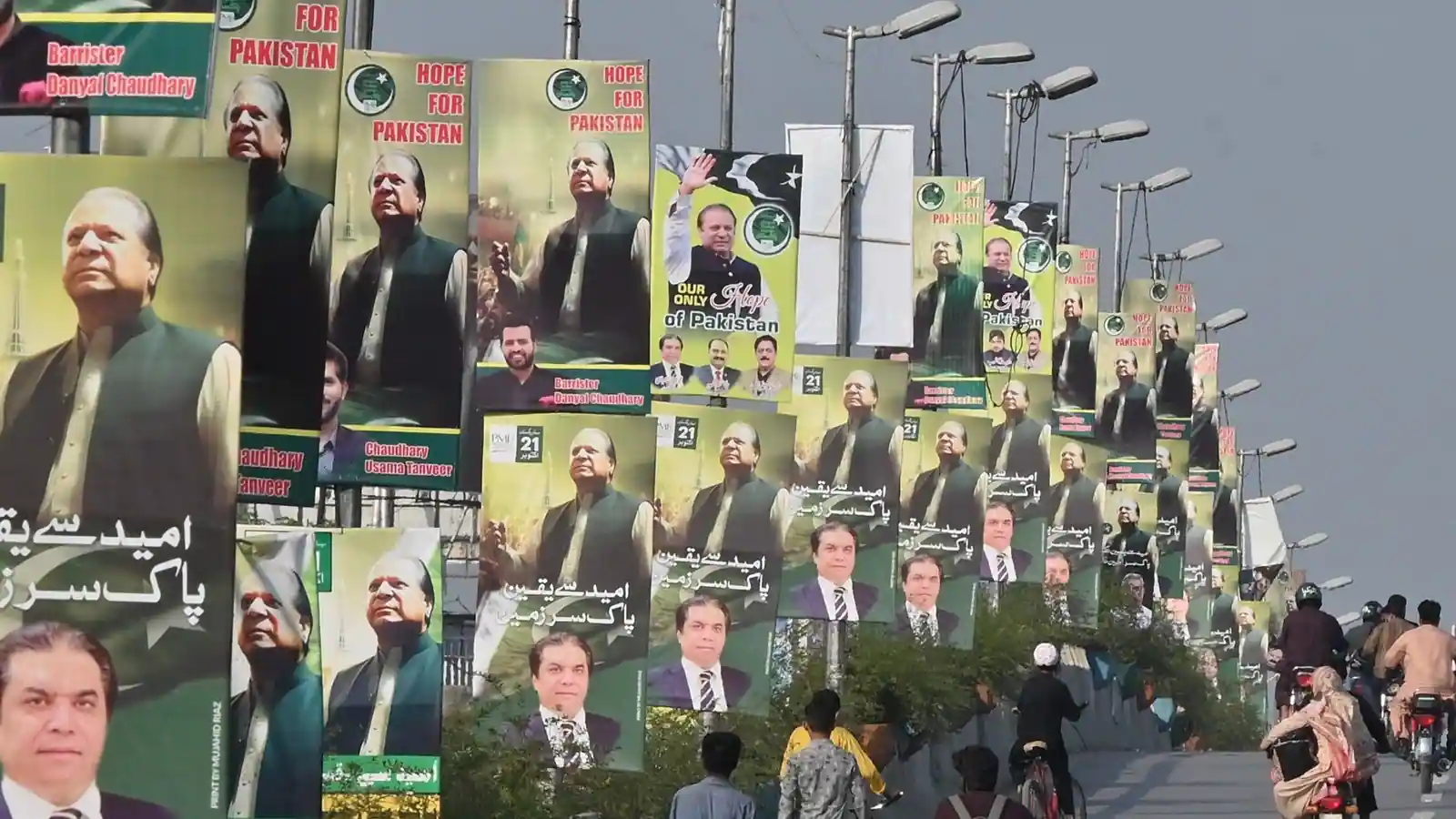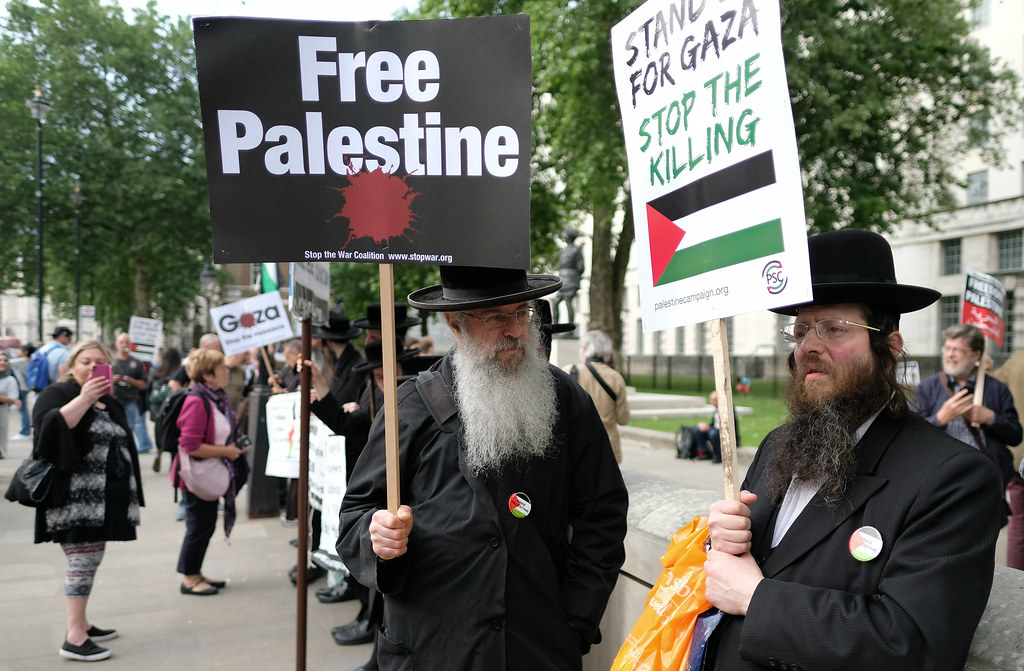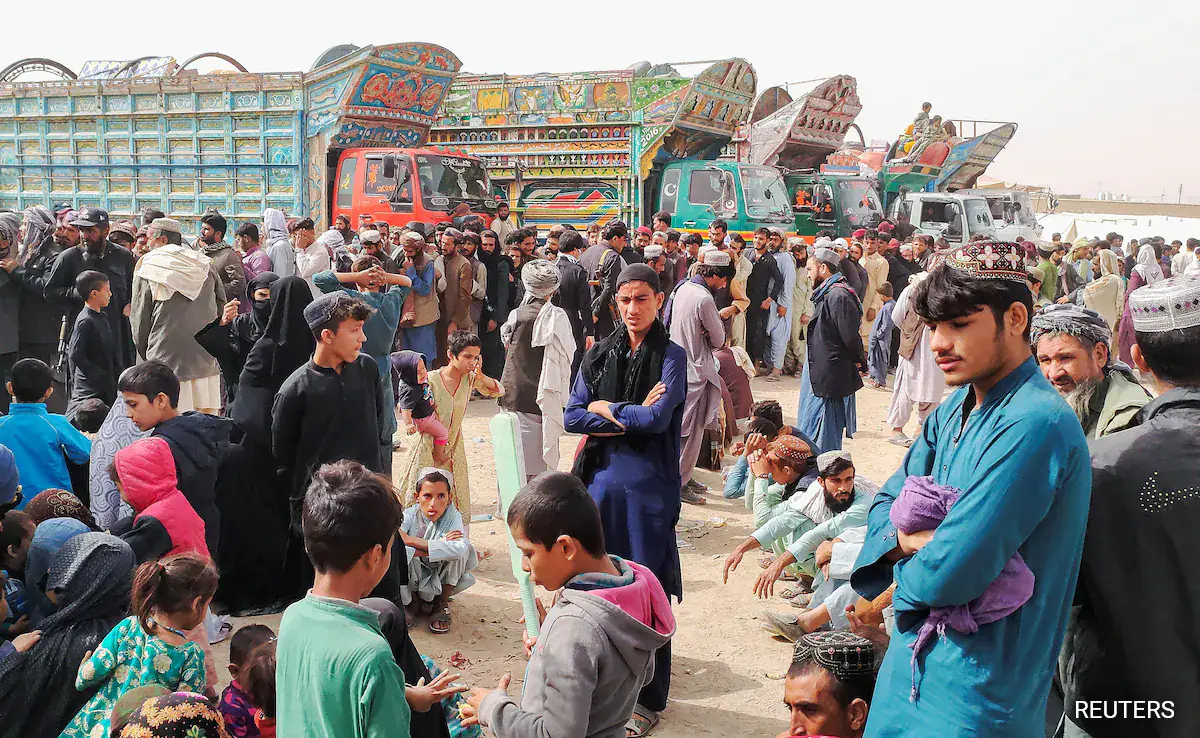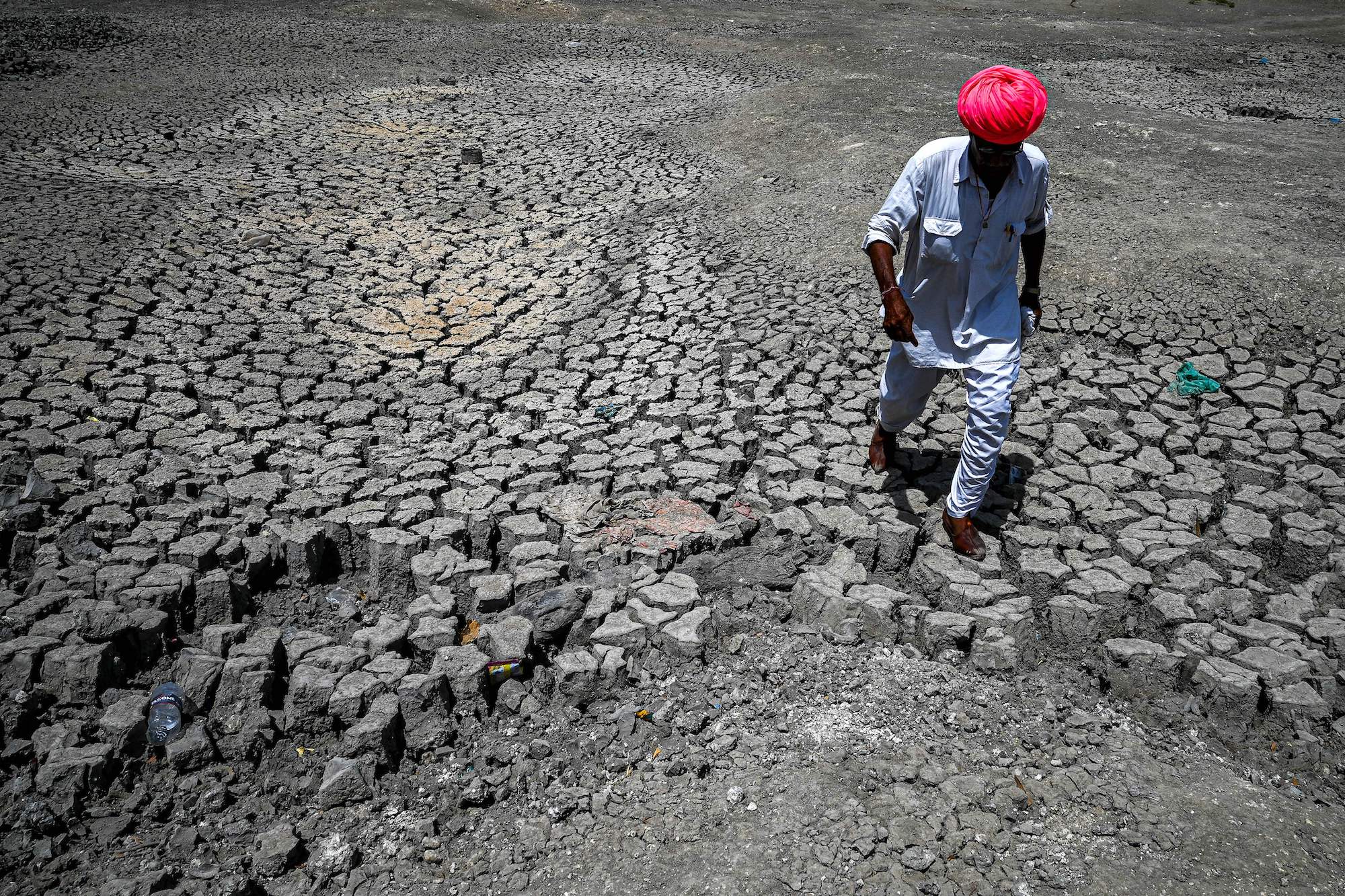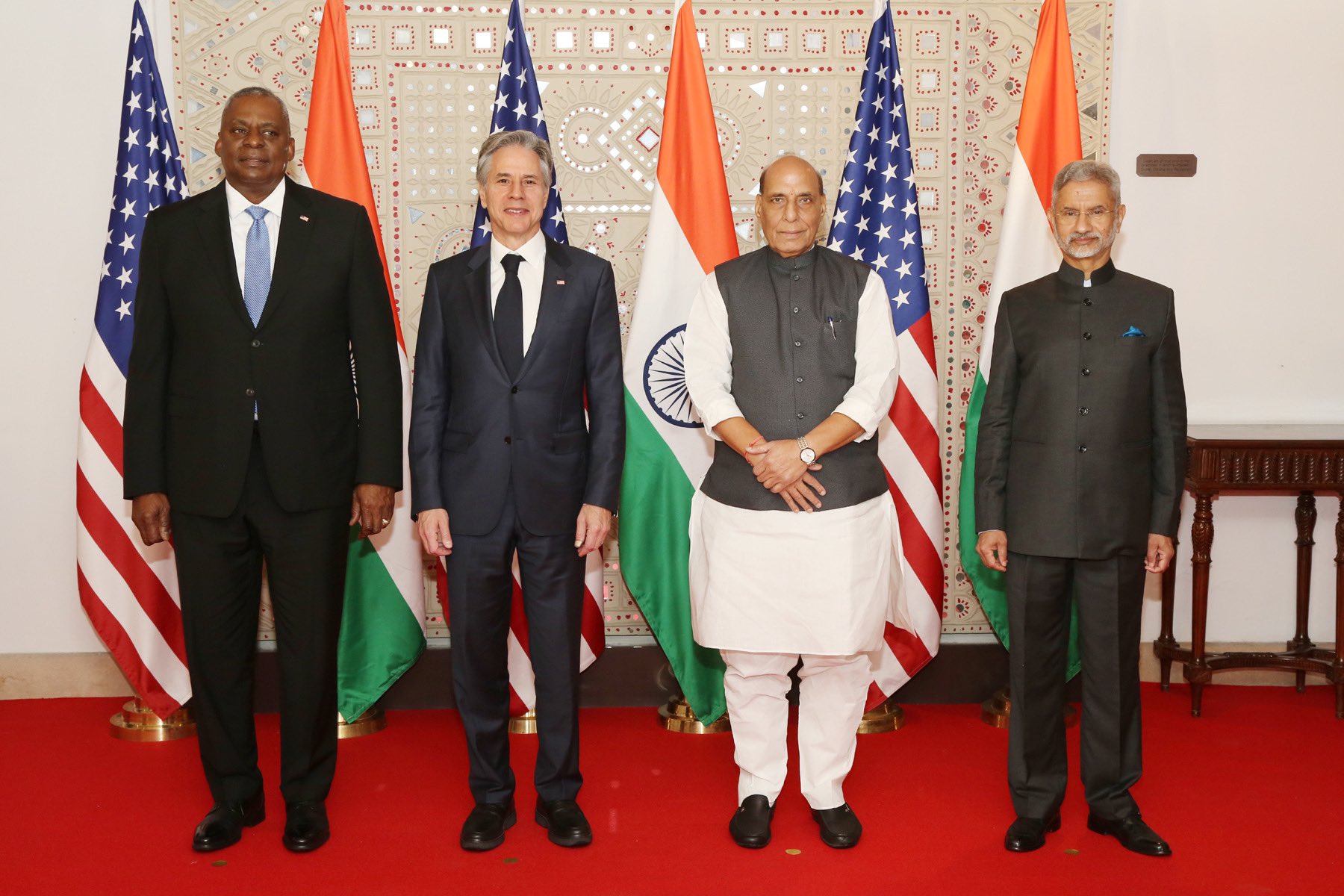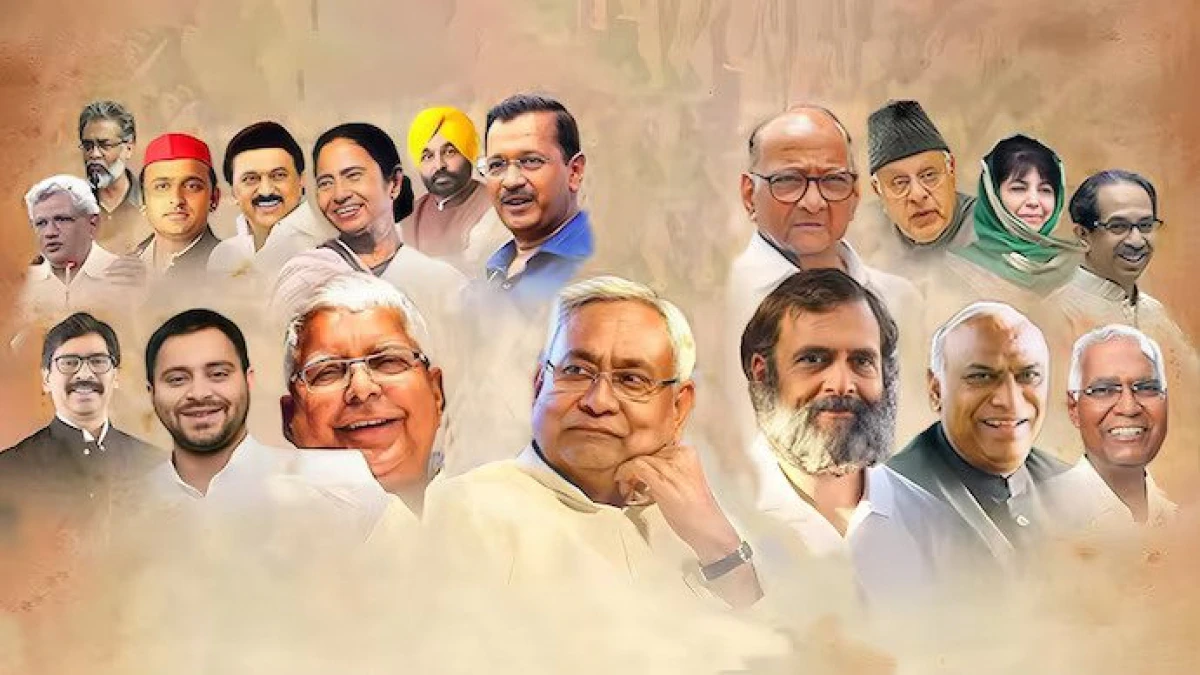As former prime minister Muhammad Nawaz Sharif returns from his four-year self-exile vowing to solve pressing concerns affecting the country, Pakistan faces many hurdles. Three primary obstacles are particularly noticeable among these.
Establishing a thriving private sector and revitalising Pakistan’s economy is the first challenge. Recently, there was a near-miss default that was saved by an IMF bailout package of $3 billion. This resulted in higher inflation, living expenses, and interest rates, which are currently at an alarming 22 percent. Due to the weight of new fees, this has resulted in massive public demonstrations and challenges with paying electricity bills. Another urgent matter that the next Nawaz Sharif government needs to address is the growing debt that has been accumulated by earlier administrations.
The debt-to-GDP ratio in Pakistan has increased alarmingly from 62 percent in 2014–15 to 71.1 percent in 2018 and an impressive 81.8 percent in 2019. The nation will have a difficult time paying back debts, including service costs, which are expected to total $77.5 billion between 2023 and 2026 and are primarily owed to private, Saudi Arabian, and Chinese creditors. It begs the question: where will the enormous amount required to make these payments originate from?
The absence of a robust industrial industry in Pakistan is a significant difficulty. The manufacturing sector is in a depressing position, which is made worse by the lack of electricity and power. In the meantime, the agricultural industry is battling the effects of flash floods brought on by climate change, insufficient drainage systems, siltation in water canals, and a lack of vital agricultural inputs. Because so many hectares of land remain uncultivated, the feudal system of landholding further reduces production.
The normalisation of trade relations with India, a neighbour, presents Nawaz Sharif with yet another difficult task. Pakistan and India have fought four unsuccessful wars in the past over the Kashmir dispute. The most important obstacle, though, is the nuanced and complex connection that exists in Pakistan between the military and the civilian government. The military poses a serious challenge because of its significant economic interests and political and parliamentary involvement. With an annual revenue of over $26.5 billion, the Pakistani military is a large commercial behemoth that employs millions of people and has significant holdings in the private sector. They have enormous power and influence over many facets of the nation because of their special position.
Given that the military plays a big part in acting as the nation’s purported guardian, Nawaz Sharif’s ability to challenge the military’s economic hold on the country is dubious. Their role in politics is further cemented by their exploitation of the media, mosques, and madrassas to uphold a narrative of ongoing threats and conspiracies against Bharat (India). It’s difficult to counter the military’s power, especially if you don’t also attack their economic sway.
Nawaz Sharif has expressed a reluctance to take retribution and prosecute former military officers for their alleged meddling in his previous government, but this begs the question of whether he is prepared to challenge the military’s hegemony from the start. It appears unlikely that he can forge a public coalition opposing the military’s agenda without addressing this basic problem.
Furthermore, it appears that Pakistan, led by Sharif, may not be able to advance in talks with India to restore trade channels given the recent spike in cross-border tensions and terrorist infiltrations. The likelihood of peaceful solutions is only made more difficult by the military’s ongoing participation in these kinds of operations.
In summary, Nawaz Sharif’s return to Pakistan is welcomed with excitement and hope, but he will encounter difficult obstacles in his attempts to reform the economy, curb the power of the military, and end the Kashmir dispute. It is still unclear if he will be able to make any real progress without a well-thought-out plan and the resolve to face these problems. It is unclear if Nawaz Sharif will be able to overcome the military establishment, which still has a great deal of influence over the country’s affairs, and fulfil his promises of a robust private sector economy and strengthened parliamentary supremacy.
